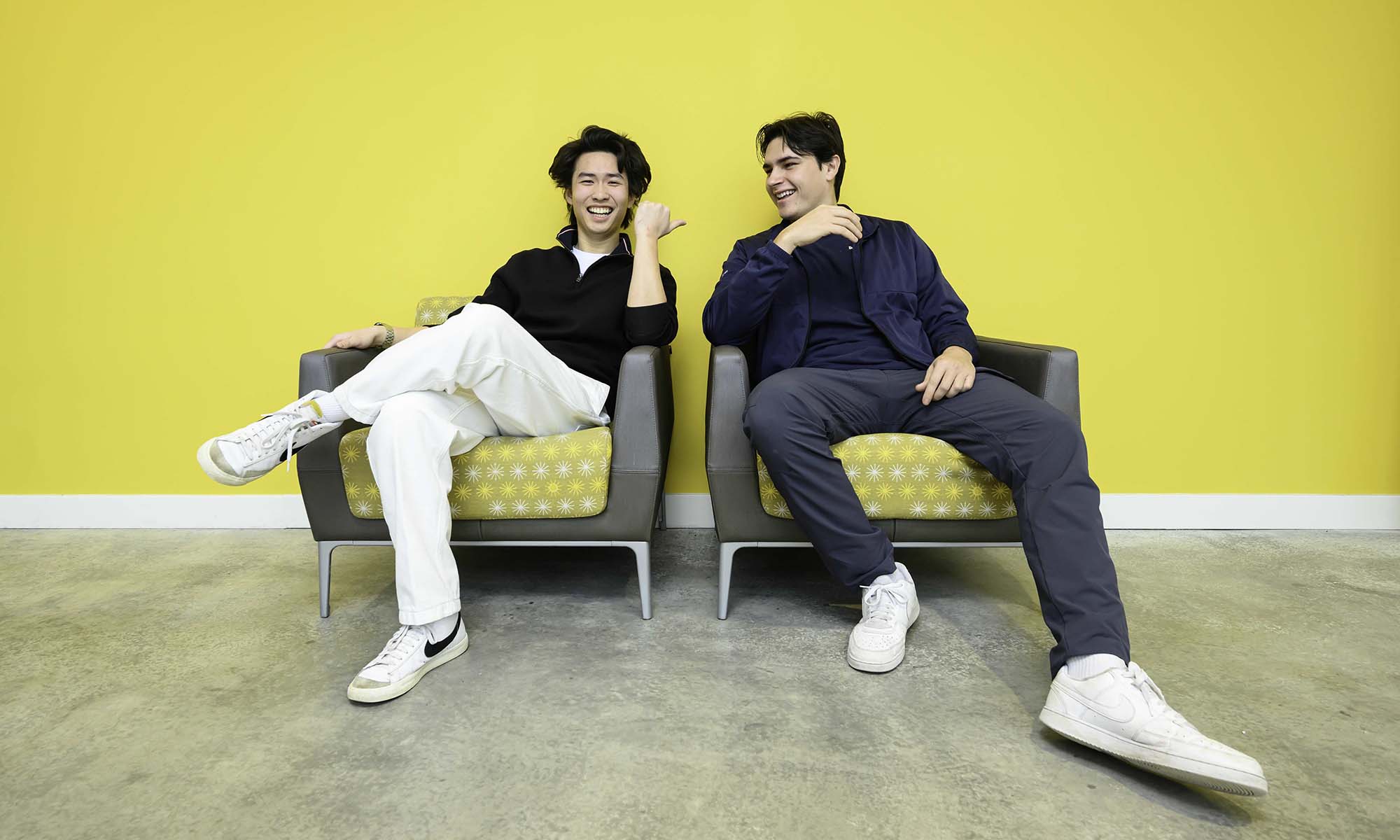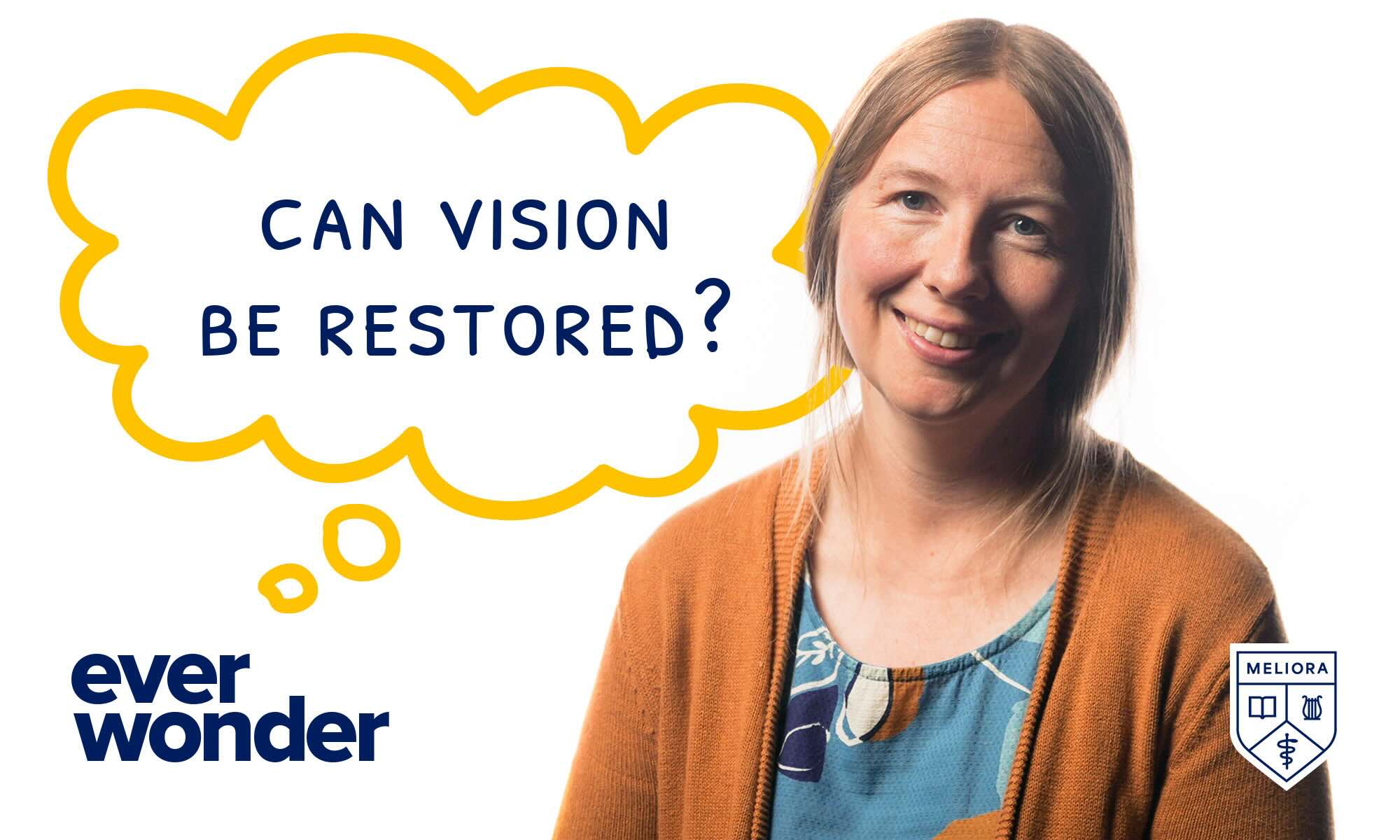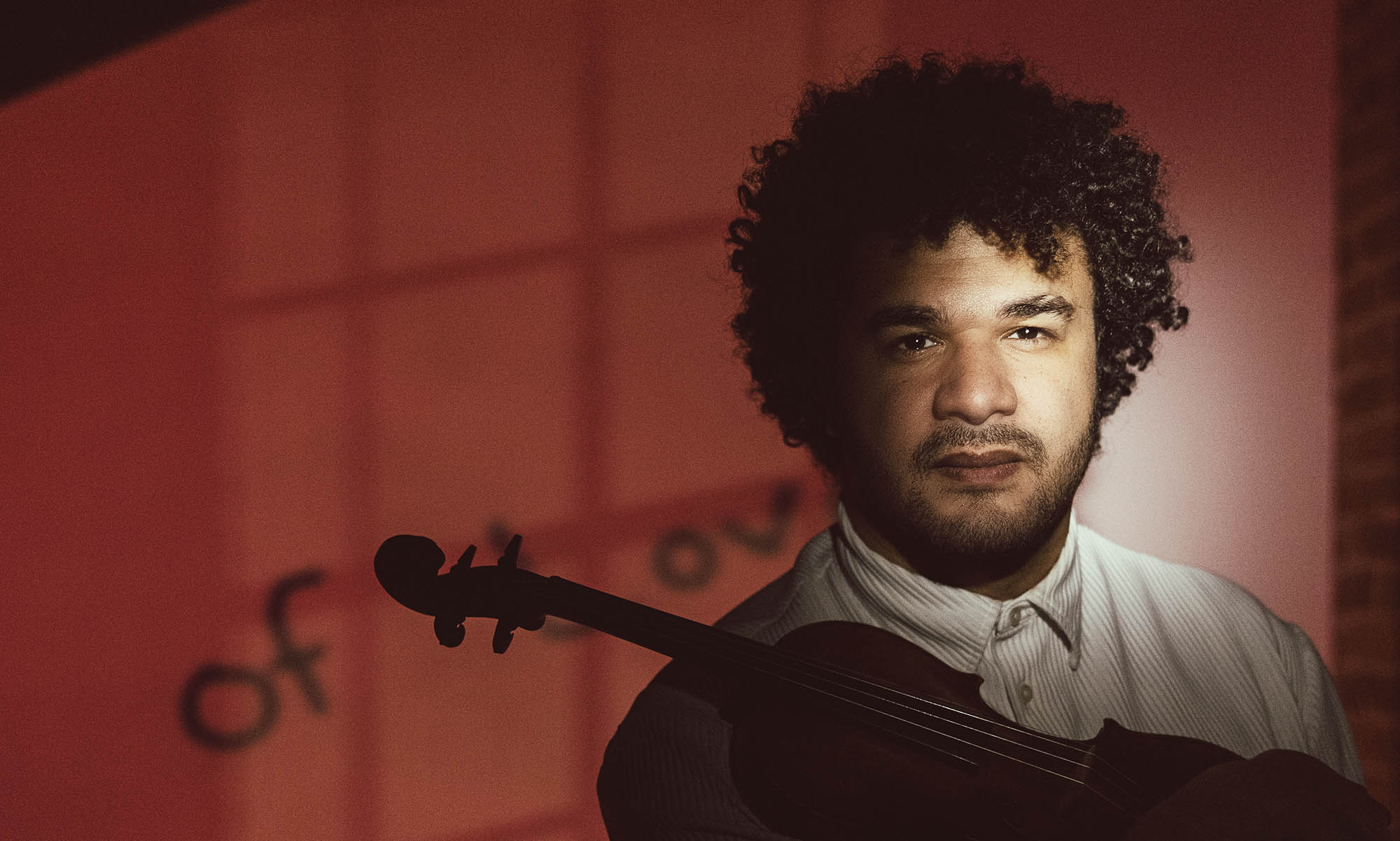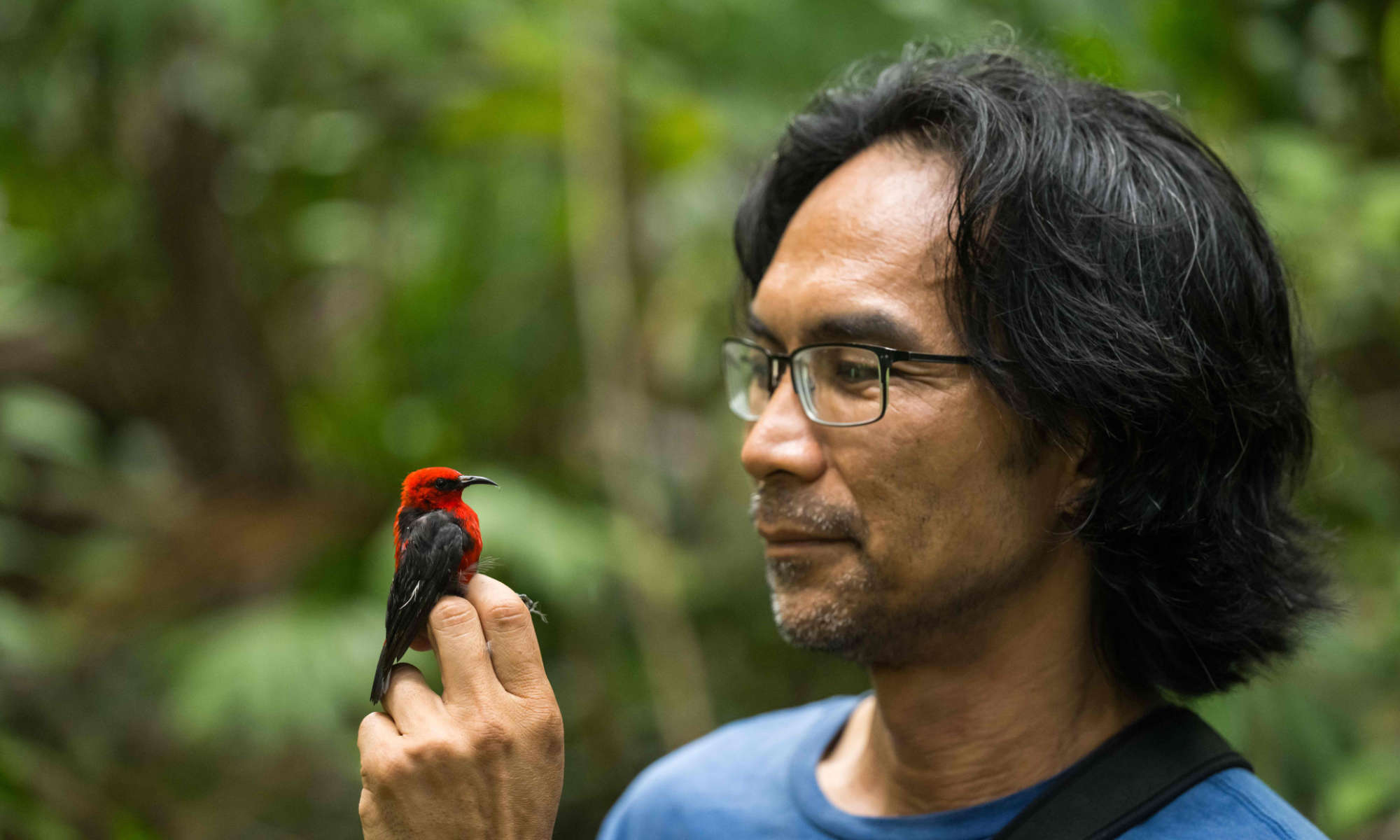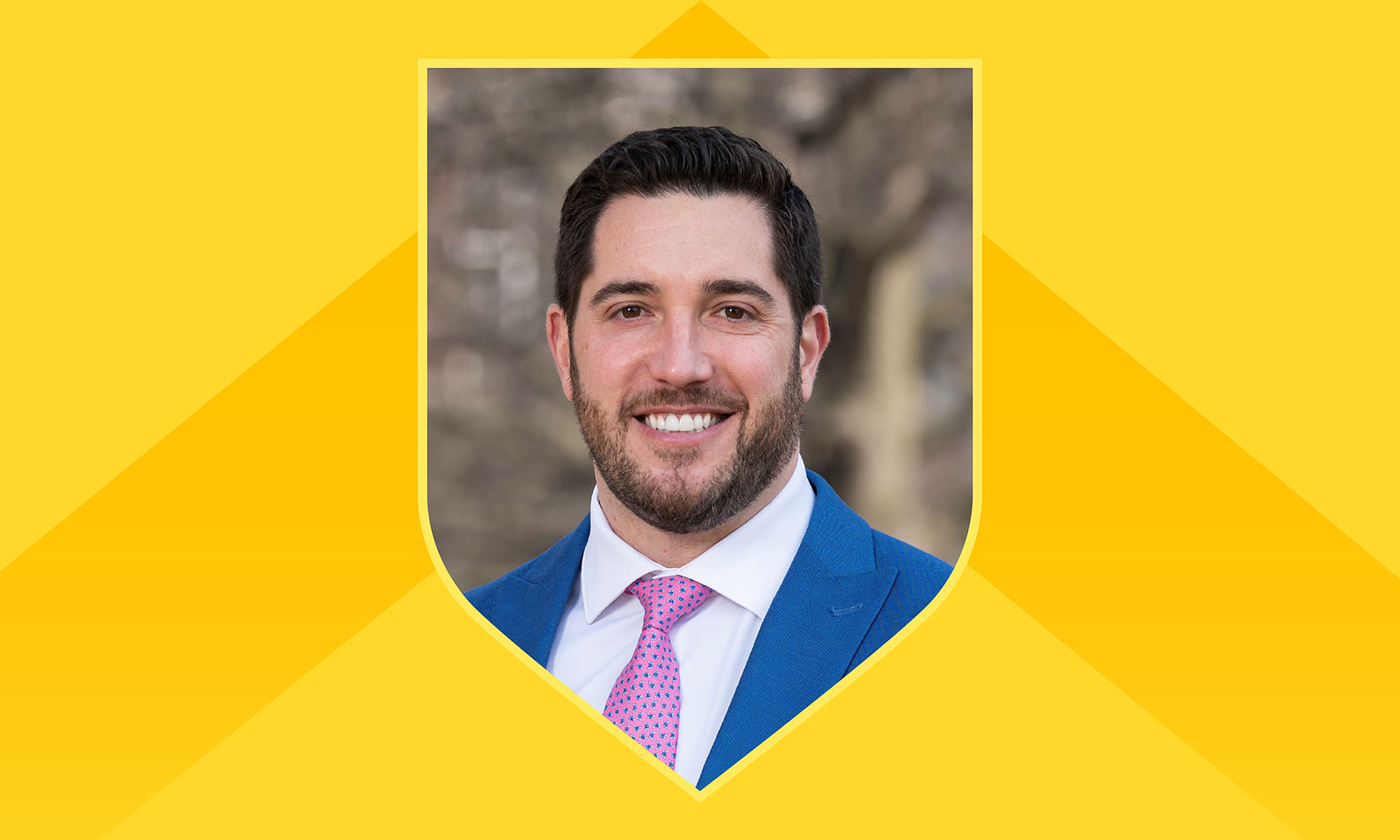
From the Magazine
175 ways URochester makes the world ever better
What good is the research university? At the University of Rochester, the answers get ever better.

University photographer J. Adam Fenster gives a behind-the-scenes tour of his favorite photos from this year. Plus, the research that resonated.

